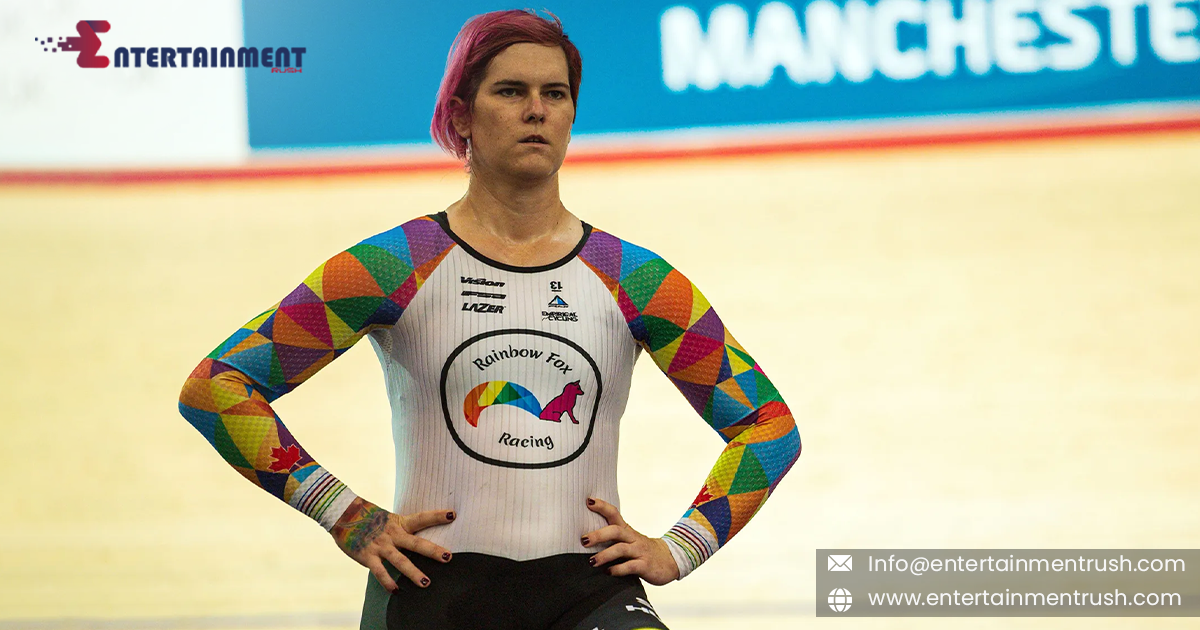In the wake of recent election outcomes, a transgender athlete has stepped forward to share their perspective amid a storm of backlash and polarized opinions. This dialogue highlights the intersection of sports, identity, and politics, sparking broader conversations about inclusivity and the challenges faced by transgender individuals in competitive sports.
The athlete, who has long been a vocal advocate for diversity and equality in athletics, addressed the criticisms with courage and grace. Following the election, debates about policies affecting transgender athletes intensified, with some political figures and commentators revisiting arguments around fairness and eligibility in sports. For the athlete, this moment presented an opportunity to shed light on the lived experiences of transgender individuals who face immense scrutiny in their pursuit of athletic excellence.
In their statement, the athlete emphasized the importance of empathy and understanding. “Transgender athletes are not here to disrupt; we are here to participate, to excel, and to be part of something greater than ourselves,” they said. They also pointed out how the political climate often turns their existence into a contentious issue, overshadowing their dedication, training, and passion for their sport.
The backlash they’ve encountered is emblematic of the broader societal divide over transgender rights. Critics argue that allowing transgender athletes to compete in categories aligning with their gender identity could compromise the fairness of competition. However, advocates stress that inclusion in sports goes beyond just competition—it’s about creating spaces where all individuals feel they belong.
Scientific debates about athletic performance and hormonal advantages often take center stage, but they rarely account for the discrimination, mental health struggles, and societal barriers faced by transgender athletes. The athlete highlighted these challenges, recounting their own journey of navigating a world that sometimes feels eager to exclude them.
Amid the criticism, support for transgender athletes has been growing. Allies, including teammates, coaches, and advocacy organizations, have been vocal in their defense of inclusivity in sports. Many point to the positive impacts of representation and the importance of fostering environments where athletes of all backgrounds can thrive.
The athlete also touched on the broader implications of the post-election landscape. With proposed legislation in some states targeting transgender participation in sports, they called for a united effort to uphold the values of equity and respect. “It’s about more than just the playing field—it’s about what kind of society we want to build,” they said.
Their story serves as a reminder of the resilience and strength required to break barriers and challenge entrenched biases. As the conversation around transgender athletes continues to evolve, their voice stands as a testament to the power of authenticity and advocacy in the face of adversity.
For many, this athlete’s courage is a beacon of hope. Their willingness to engage in these discussions, despite the backlash, underscores the importance of addressing inequities and building a world where everyone has the opportunity to compete and succeed—regardless of their gender identity.
